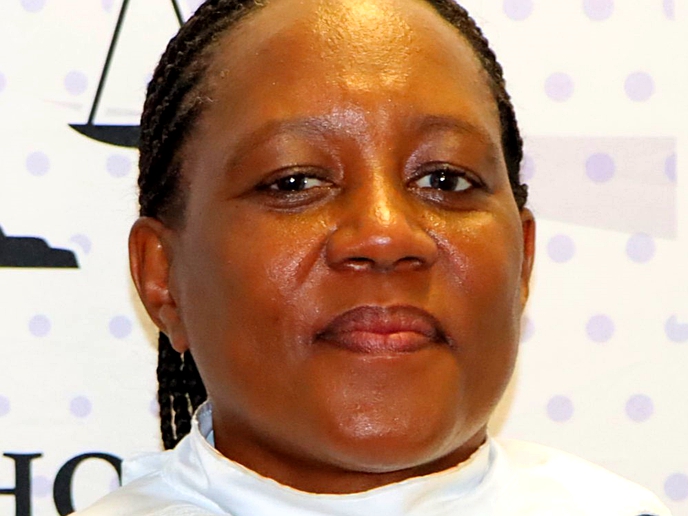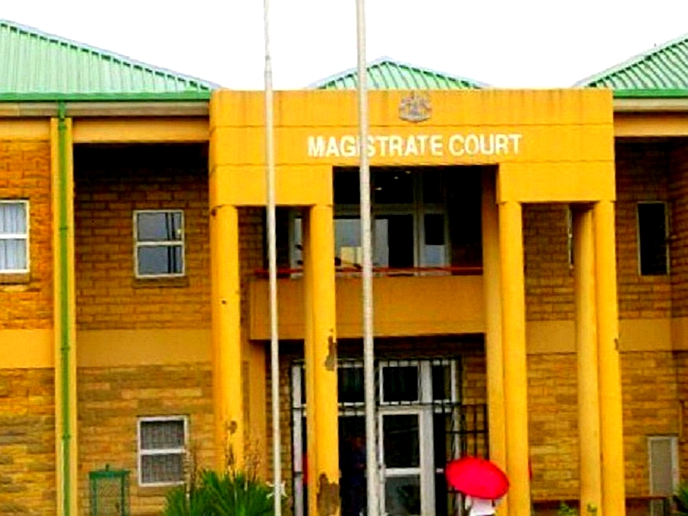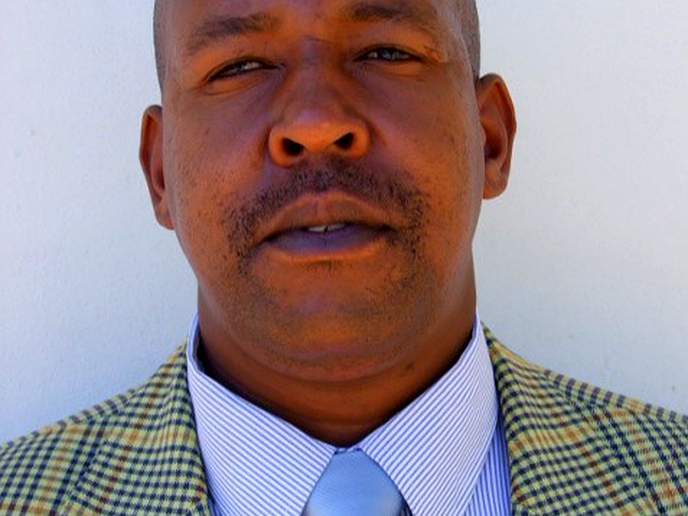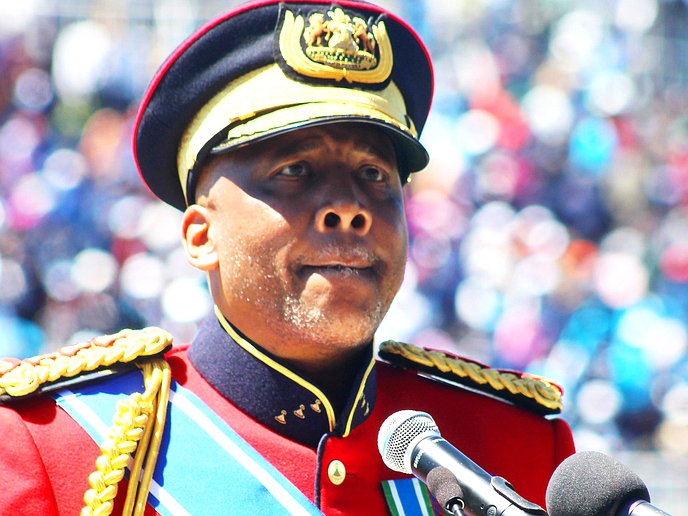A FORMER African National Congress (ANC) underground operative who was stationed in Maseru in the early 1970’s is trying to locate his long-lost daughter and lady friend he last heard from over 39 years ago.
news
Oct. 3, 2020
LEBOELA MOTOPI
4 min read
SA man seeks long-lost daughter in Lesotho
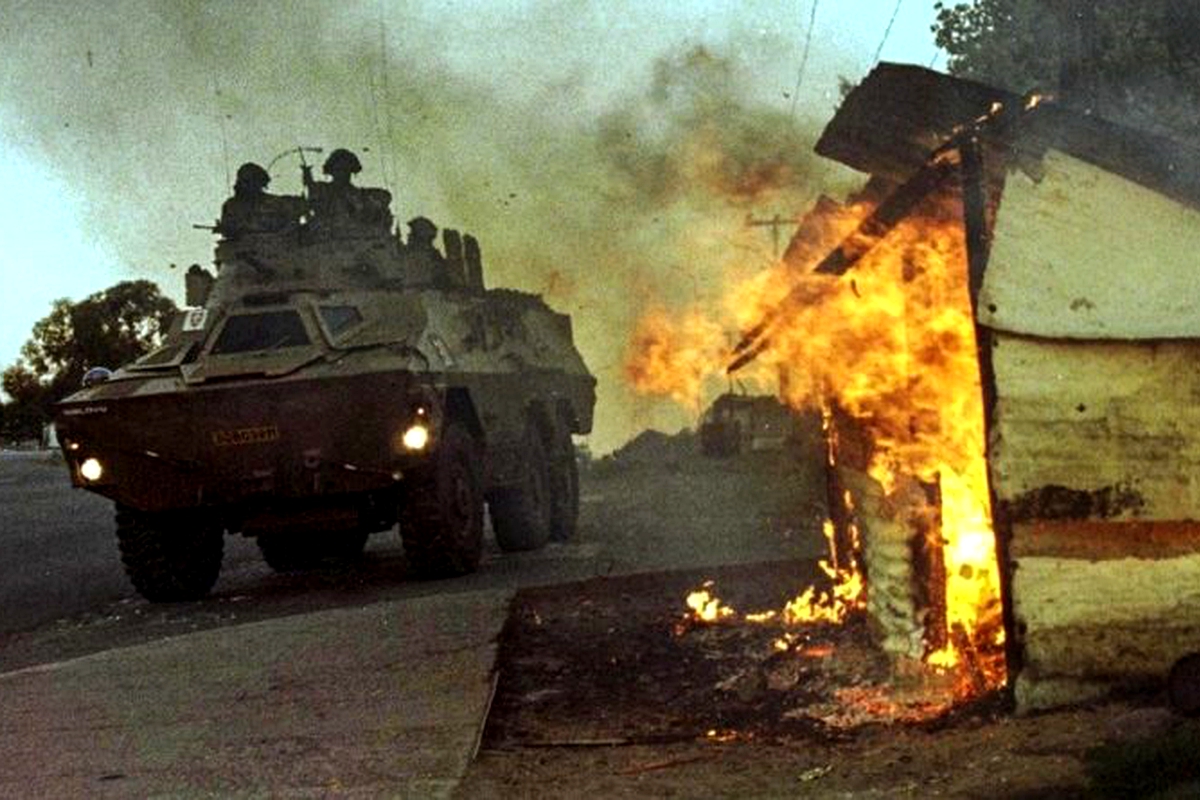
South Africa security forces raid on Lesotho in 1985
Phillip Pat Bhengu of Pietermaritzburg in Kwazulu-Natal, South Africa told Metro in a telephone interview that at the time he met Joyce Neo Kolobe, he and fellow ANC cadres were masquerading as members of a local musical group called Soul Lovers.
Mr Bhengu and his ANC comrades fought the then ruling apartheid regime from within Lesotho borders.
“In Maseru we used play at public places like Lancer’s Inn, Lakeside Hotel and Roma at the National University of Lesotho. Around the country we played in places such as TY, Mafeteng, Mohale’s Hoek, Leribe and Botha-Bothe. That is how I met that beautiful lady called Joyce.
“On October 11, 1977 our beautiful baby girl was born and we named her Relebohile,” he said.
He adds that he was, however, later exposed, arrested and labelled a terrorist by the South African government.
Upon his release, his passport was confiscated by the SA Special Branch and he was unable to travel to Lesotho and visit Joyce and his daughter.
“That is how I lost contact with them. After my released from prison I tried to communicate with Joyce by writing her letters, but I did not get any response from her. Maybe she did not receive my letters as I was sending them through another ANC cadre,” he also noted.
He said the last time he heard from her was on April 14, 1981 and at the time Joyce was staying in White City, Maseru.
“She wrote to me and I was unable to respond and to date I have never heard from her or Relebohile again,” he said.
He added: “Anyone who may know her, please give her my cell number to call me please at 083 470 0853 or my email address, phillipbhengu73@gmail.com or write to my postal address - P.O. Box 1439, Pietermaritzburg, Natal, South Africa,” Mr Bhengu said.
The presence of ANC members in Lesotho soured the relationship between the then Prime Minister Dr Leabua Jonathan’s government and South Africa.
Large numbers of ANC members took refuge in Lesotho and senior figures in the the ANC’s military wing, uMkhonto weSizwe (MK) came in order to reorganise and consolidate the movement's underground activities.
In the 1980s the Transkei, which shared a common border with Lesotho, became an important infiltration route for guerrillas.
Those recruited were trained in intelligence, politics and guerrilla tactics. ANC members sneaked into Lesotho at night to hold meetings and crossed back into South Africa the next morning through secret channels.
The outbreak of the Soweto students uprising in June 1976 and the heavy handed response by the SA government forced hundreds of youths to flee into exile in Lesotho.
Many of them joined the ANC and went for military training under the MK.
Lesotho’s accommodation of refugees in the country further increased tensions between the two neighbours.
Enjoy our daily newsletter from today
Access exclusive newsletters, along with previews of new media releases.
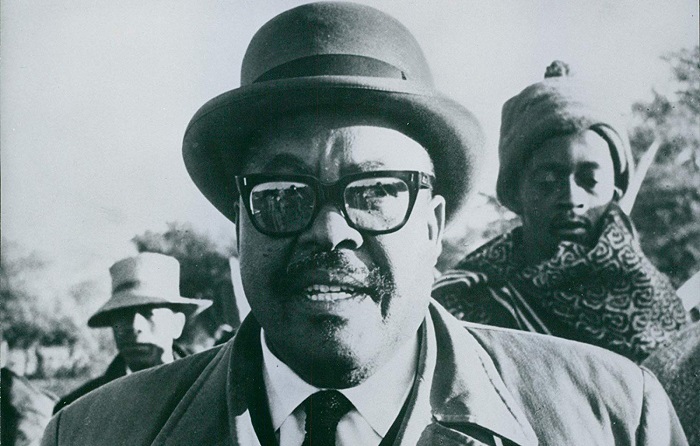
Former Lesotho Prime Minister Dr Leabua Jonathan
The Lesotho government made special provision for the education of all young South African refugees in schools within its borders.
Furthermore 25% of scholarships from the Lesotho government’s coffers were offered to South African refugees for university education.
Lesotho also provided a safe passage for refugees leaving the country. In the early 1980’s, mounted numerous attacks in South Africa from neighbouring states like Lesotho, Botswana and Swaziland.
After June 1982, MK units based in Lesotho carried out a number of bombings in Port Elizabeth and East London, inflicting damage to property and injuring people.
The apartheid government stepped up pressure on Lesotho and on December 9, 1982, just after midnight, about 100 commandos from SA crossed into Lesotho and raided flats and houses in Maseru, killing a total of 42 people, including three children. Thirty of those killed were South Africans and 12 were Lesotho citizens.
More raids followed and more people were killed in the process.
On December 20, 1985, SA security forces carried out another cross-border raid into Lesotho that killed nine people – seven South Africans and two Lesotho nationals.
Tailored for you



